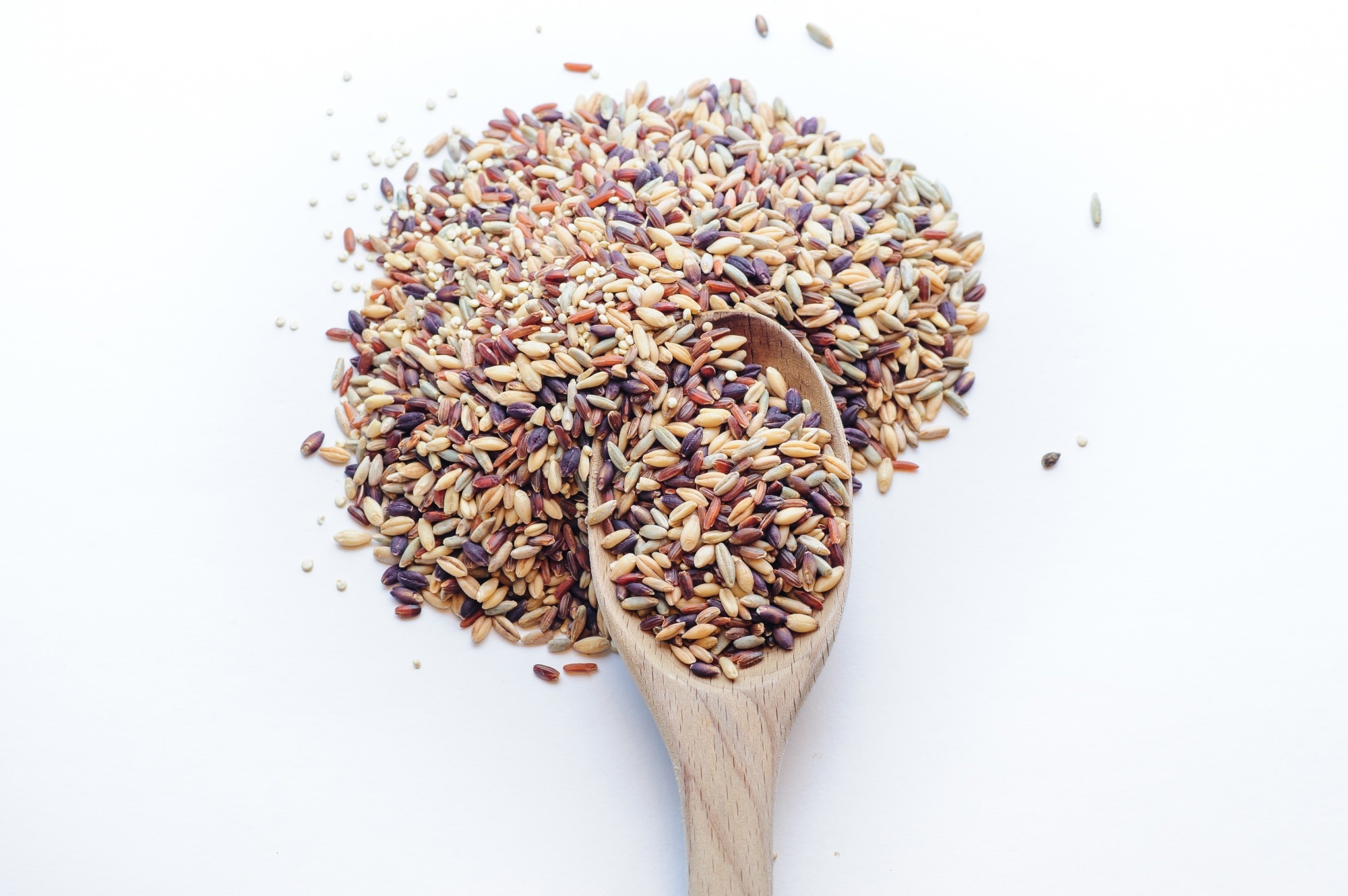
Malnutrition threatens the lives of millions of children under age 5, causing about 500,000 deaths per year in low- and middle-income countries. Short courses of antibiotics paired with a therapeutic peanut butter-based food are the standard of care for treating severe acute malnutrition in children — but using antibiotics in this vulnerable population is controversial; public health experts worry about the worsening problem of antibiotic resistance.
Now, a new study led by Gautam Dantas, PhD, at Washington University School of Medicine in St. Louis shows that the concerns of increasing antibiotic resistance have merit but that the long-term benefits may outweigh the short-term risks. The findings – published Oct. 19 in The Lancet Microbe – indicate a diverse, more mature gut microbiome in malnourished Nigerien children two years after antibiotic treatment. Brief increases in antibiotic resistance genes in gut bacteria after the children were treated completely dissipated within three weeks.
Antibiotics can perturb the microbiome and increase infection risks, which is a concern in immunocompromised, malnourished children already prone to infection. But we show improvements in microbiome maturation years after a short course of antibiotics compared to placebo, an important finding given that stunted microbiome development is linked to adverse malnutrition outcomes in malnourished children. This study provides evidence that while we should be careful in the use of antibiotics, the risk of a brief increase in drug-resistant bacteria is likely outweighed by the benefit of these persistent microbiome improvements.”
Gautam Dantas, PhD, the study’s co-senior author and the Conan Professor of Laboratory and Genomic Medicine
Physicians using antibiotics to treat severely malnourished children with infections noticed an additional benefit: The children grew and gained muscle mass. That promising observation triggered a large-scale clinical trial conducted in Madarounfa, Niger. Led by Sheila Isanaka, ScD, an associate professor of nutrition at Harvard T.H. Chan School of Public Health, that trial corroborated the increases in weight gain and body measurements in children given antibiotics during treatment for severe acute malnutrition.
But the question remained: Does giving antibiotics to severely malnourished children promote antibiotic resistance? Isanaka proposed a complementary sub-study to look at antibiotic resistance in the gastrointestinal tracts of antibiotic-treated children enrolled in the clinical trial in Niger.
Dantas’ team — including first author Drew J. Schwartz, MD, PhD, then a fellow in Dantas’ lab and now an assistant professor of pediatrics, and Amy Langdon, PhD, a graduate student in Dantas’ lab at the time of the study — analyzed, using fecal samples, the gut microbiomes of 161 children randomly selected from a cohort of 2,399 severely malnourished Nigerien children enrolled in Isanaka’s clinical trial. Roughly half of the children received amoxicillin for a week; the other half received a placebo. All children received therapeutic peanut butter-based food. Fecal samples were collected at the conclusion of the seven-day treatment and four, eight and 12 weeks after enrollment.
Two years later, the researchers followed up with 22 of the children who had been treated with antibiotics and 13 of those given a placebo. They also analyzed fecal samples of 38 children of similar ages without malnutrition in Niger for comparison.
The researchers discovered a more diverse and richer microbiome in children two years after amoxicillin treatment, when compared to children who received the placebo. The microbiomes of the antibiotic-treated children had matured, like in healthy children of similar ages.
Some of the key drivers in the dramatic maturation of the gut microbiome during the first three years of life include infants’ exposure to maternal microbes during and after birth, consumption of milk and transition to solid foods. In malnourished children, that process of the gut microbiome maturation is stunted, along with growth. But adding antibiotics to the treatment plan improved their body measurements and microbiome development.
Antibiotics potentially function as a reset, enabling the establishment of microbes that help with the digestion of solid food to thrive in the gut ecosystem. According to Dantas, who previously found that antibiotic use in premature infants had potentially harmful and lasting effects, the long-term improvements in microbiome richness, diversity and maturation in the current study were surprising.
“There are examples of the gut microbiome not fully bouncing back from severe perturbation,” explained Dantas, also a professor of pathology & immunology, of biomedical engineering, of molecular microbiology and of pediatrics. “But our new study illuminates an unexpected long-term collateral benefit of antibiotic treatment in severely malnourished kids, triggering their gut microbiome to adopt an improved developmental trajectory.”
In the short term, the researchers saw in the antibiotic-treated children more bacteria, such as E. coli and Klebsiella, that can cause serious infection. But such increases resolved within three weeks. Dantas cautioned that this increase in what are known to be drug-resistant bacteria and in drug-resistance genes in antibiotic-treated children should not be ignored.
“We now know the benefits of antibiotic treatment appear to outweigh the risks in this specific population — but the risks are there,” Dantas warned. “Until we find better approaches, we should use antibiotics to help kids with severe acute malnutrition. But we should monitor these kids for an increased risk of acquiring bugs that are drug resistant in the first weeks after antibiotic treatment. At the same time, we should be putting resources toward developing new therapeutics that don’t seriously disrupt the microbiome.”
Source:
Washington University School of Medicine
Journal reference:
Schwartz, D. J., et al. (2023) Effect of amoxicillin on the gut microbiome of children with severe acute malnutrition in Madarounfa, Niger: a retrospective metagenomic analysis of a placebo-controlled trial. The Lancet Microbe. doi.org/10.1016/S2666-5247(23)00213-6.















